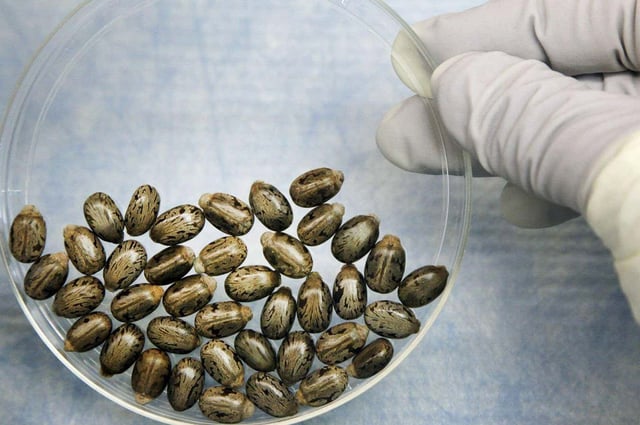Overview
- Using open-source design tools, researchers generated about 75,000–76,000 variants spanning 72 harmful proteins and found many AI-altered sequences initially slipped past DNA-order screening.
- A 10‑month collaboration with biosecurity software providers produced patches that improved detection, including for fragmented genes, and three of four providers deployed updates.
- Across providers, roughly 3% of variants judged most likely to retain function still evade detection, a shortfall participants describe as an ongoing arms race.
- The study was conducted entirely in silico, so whether the AI-designed proteins would function biologically remains unverified.
- Because of misuse risk, portions of data and code are restricted under a tiered access process managed by IBBIS, and stakeholders emphasize layered safeguards such as stronger know‑your‑customer checks.



